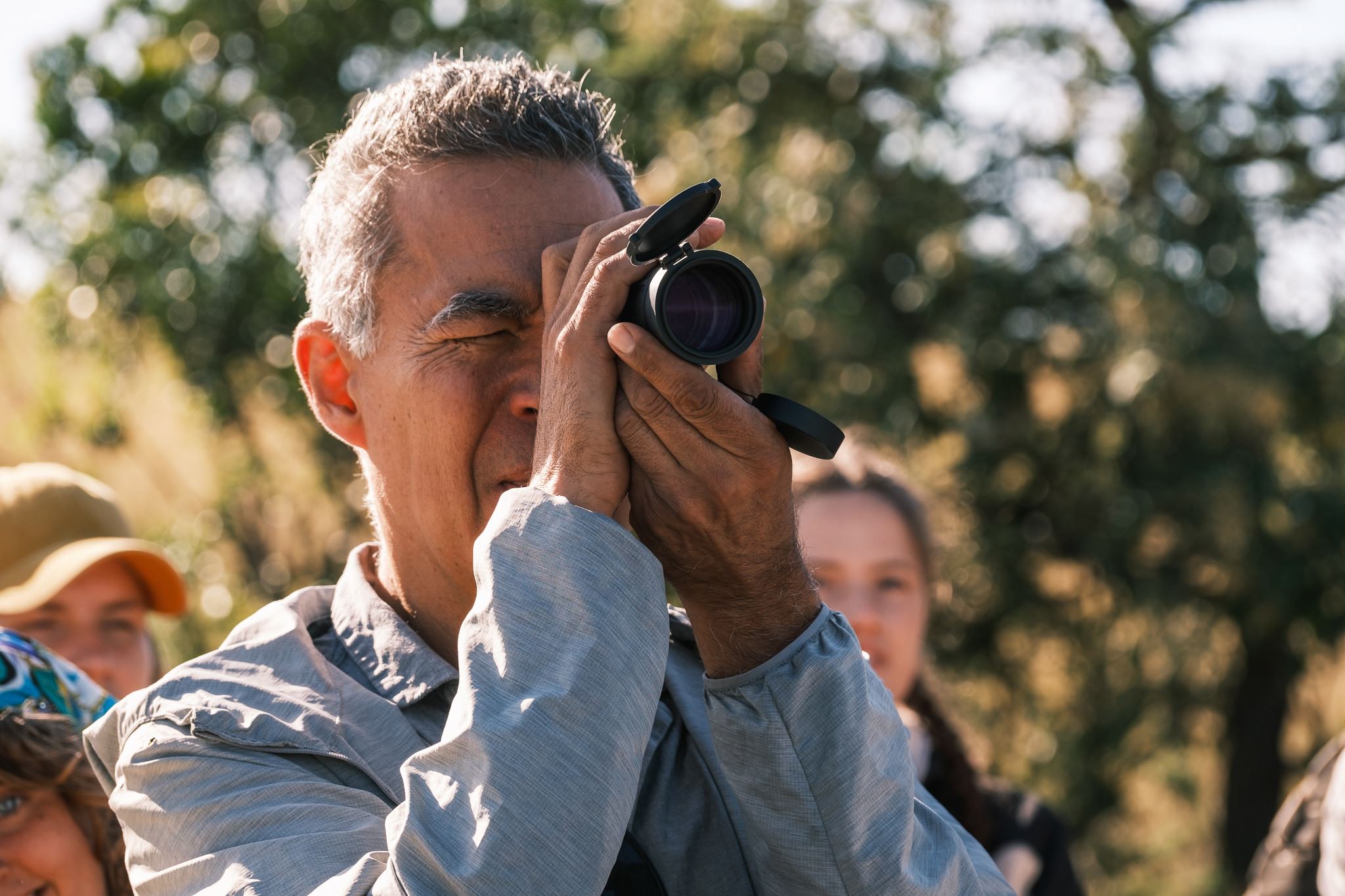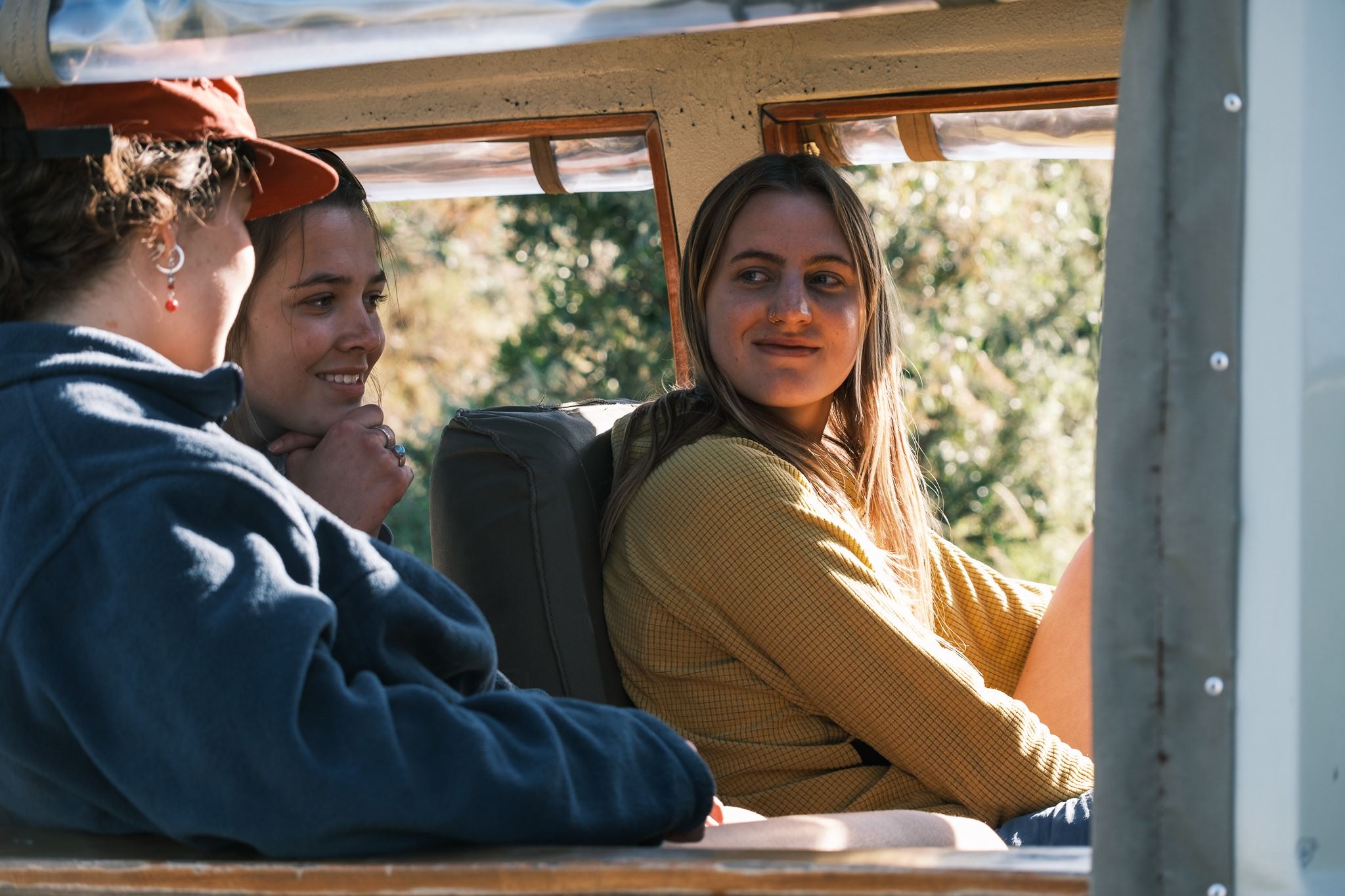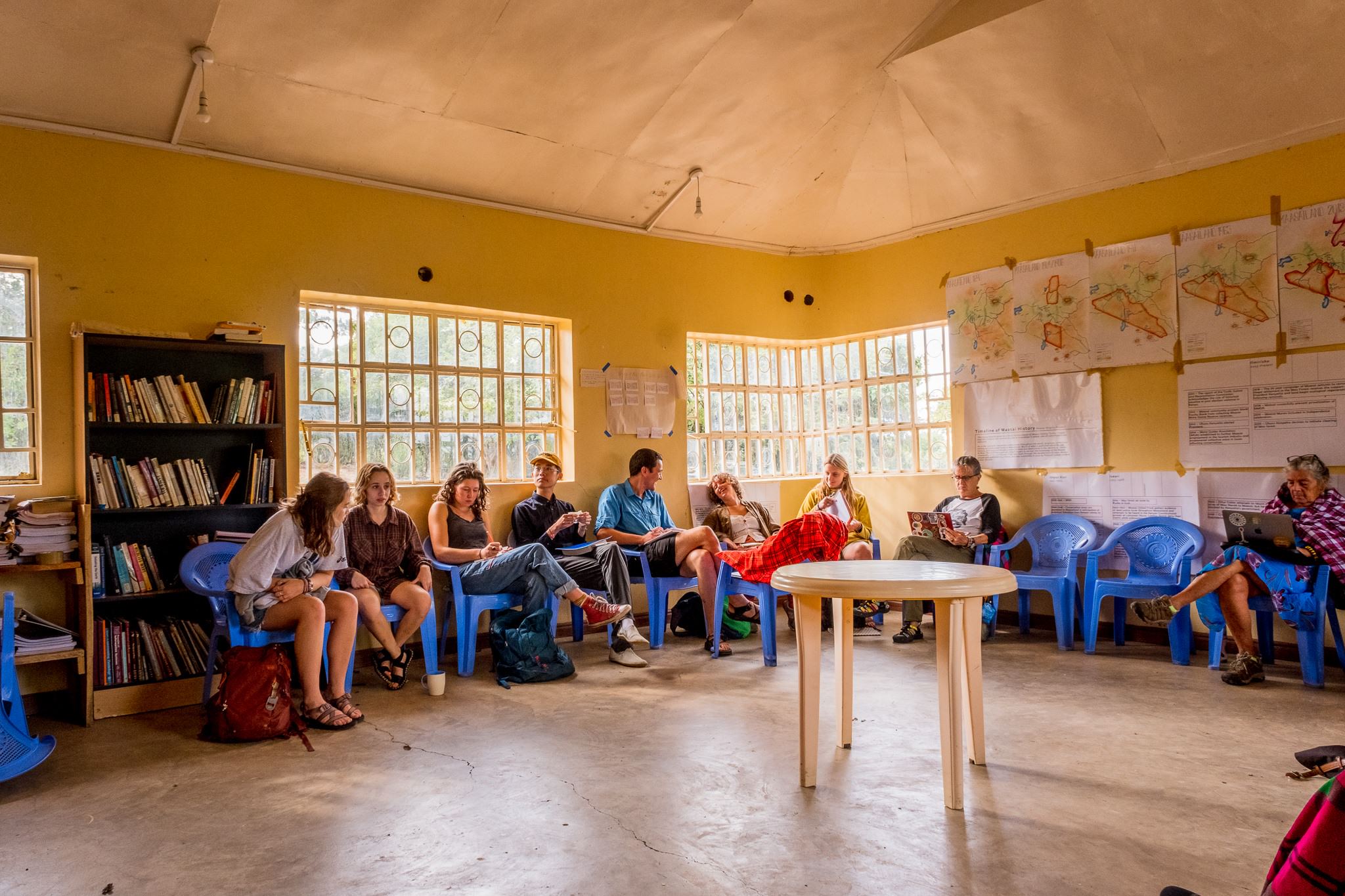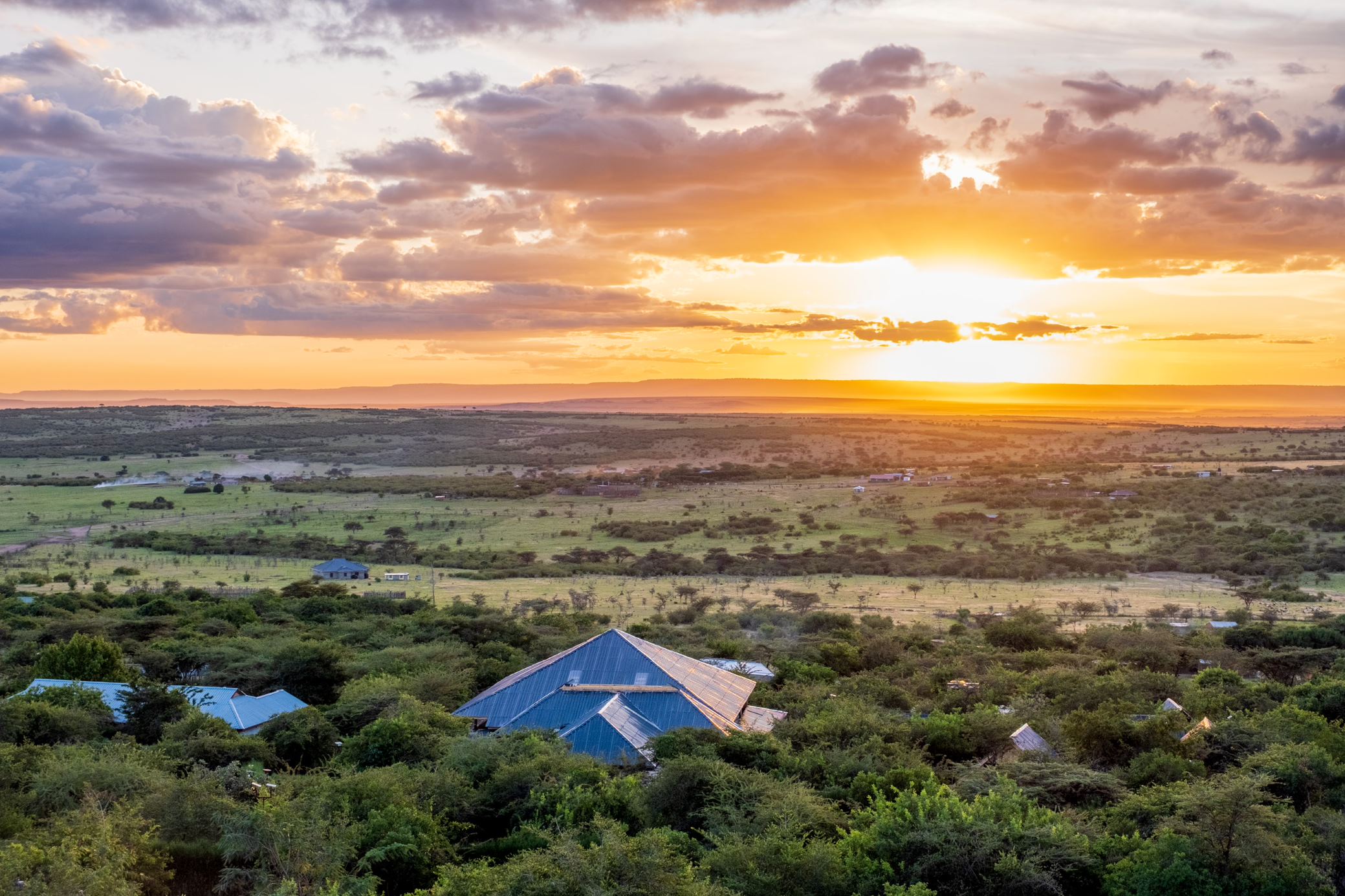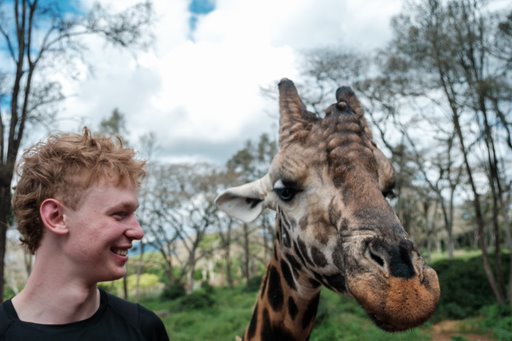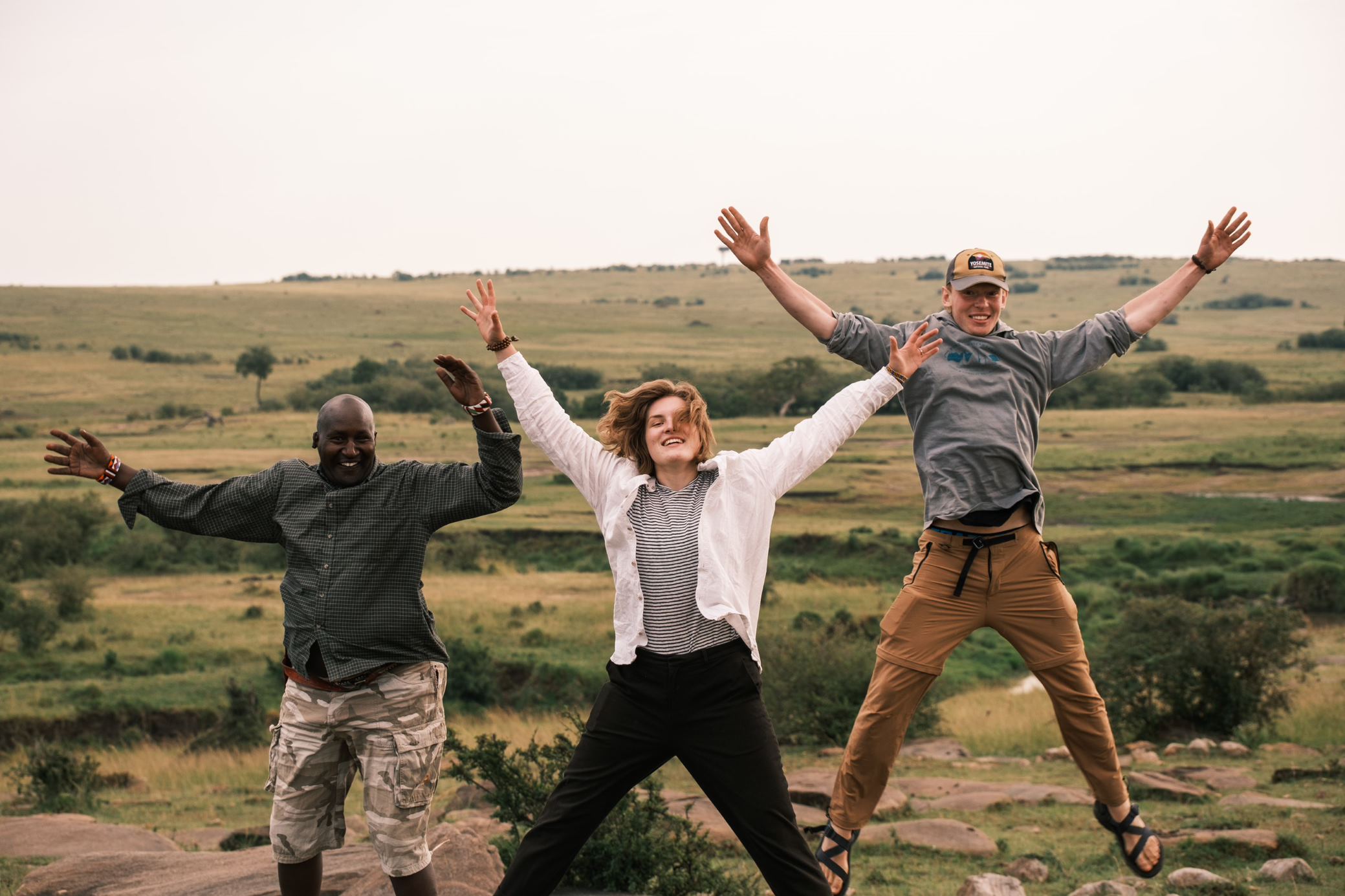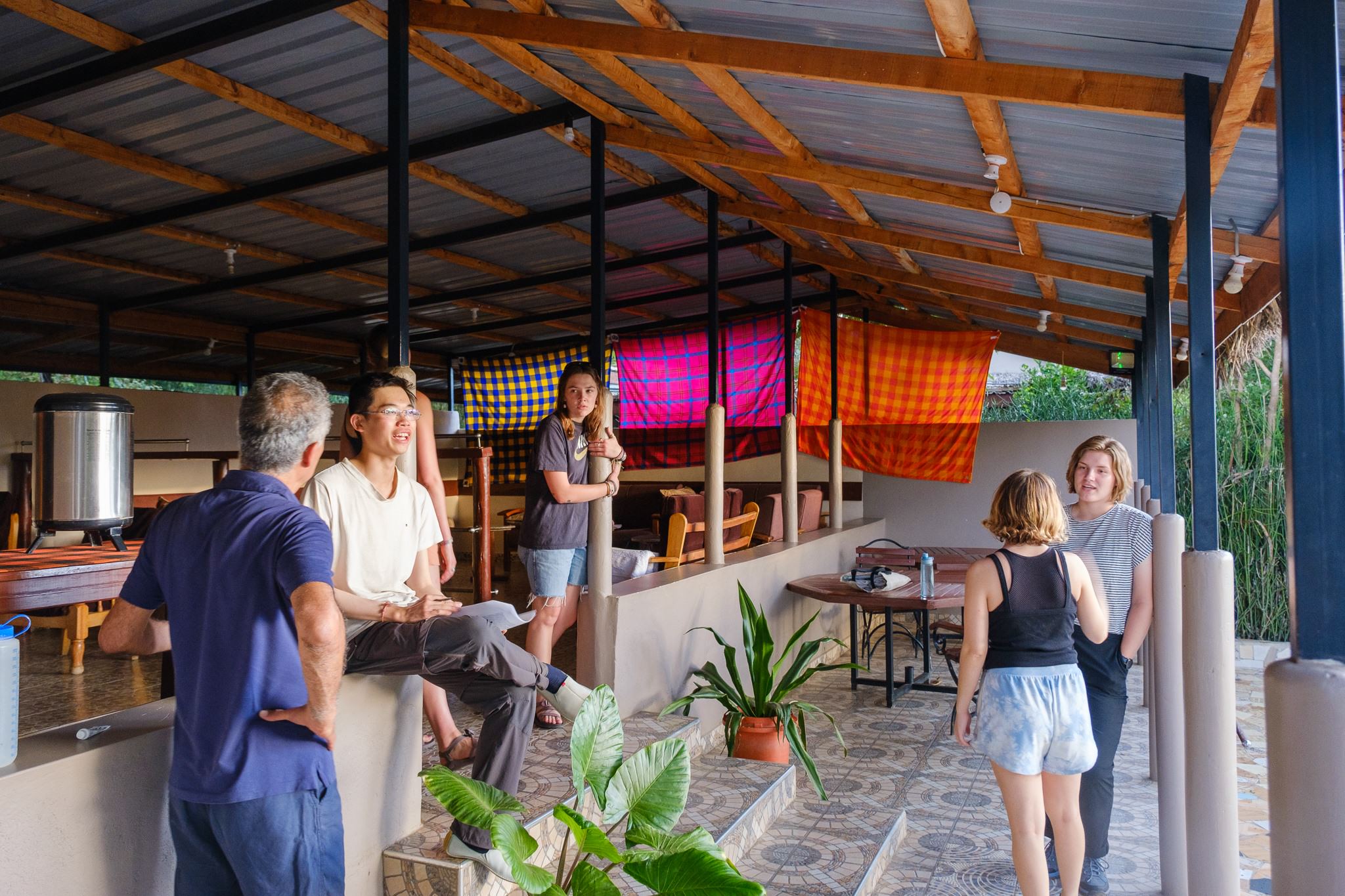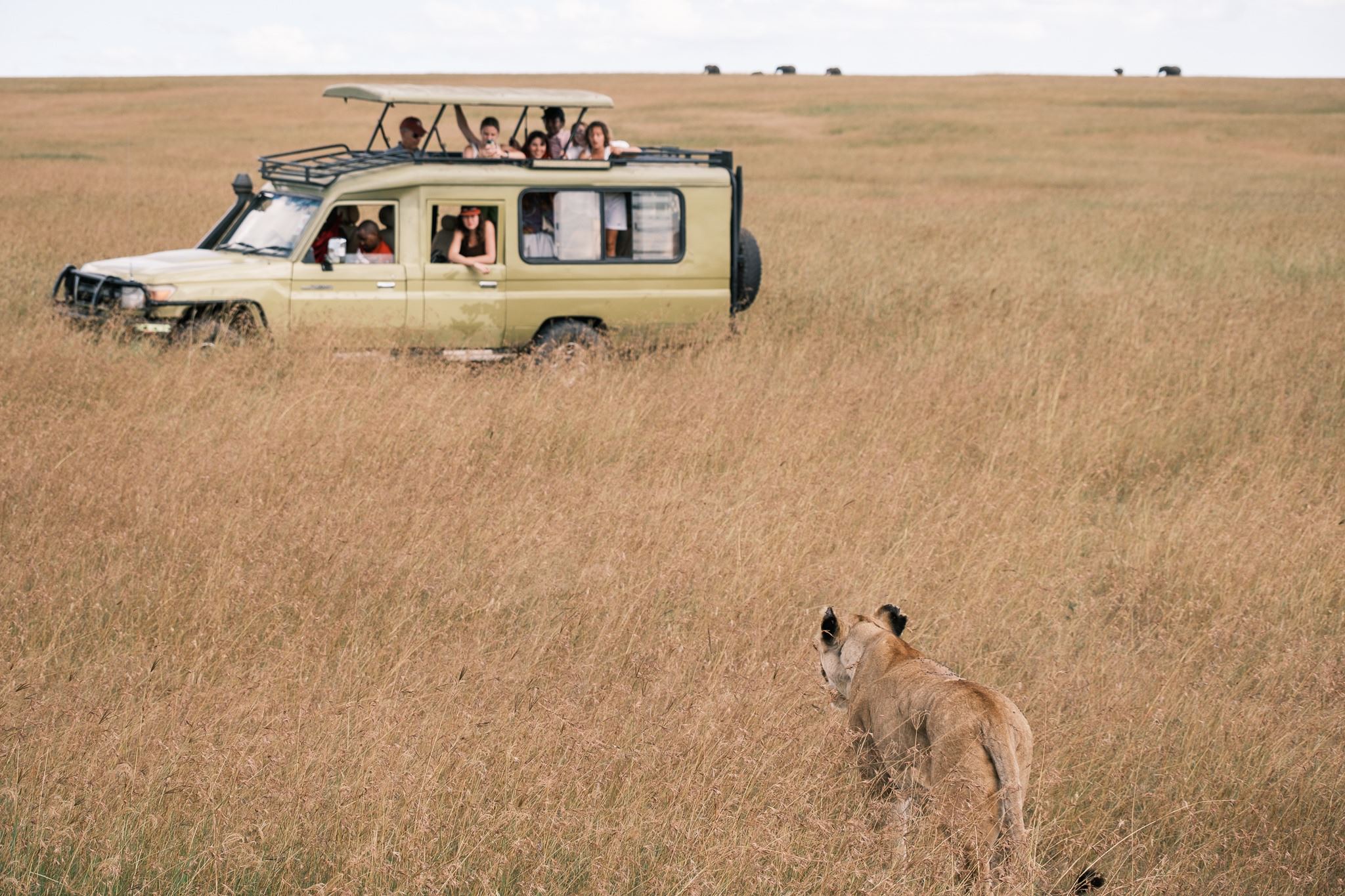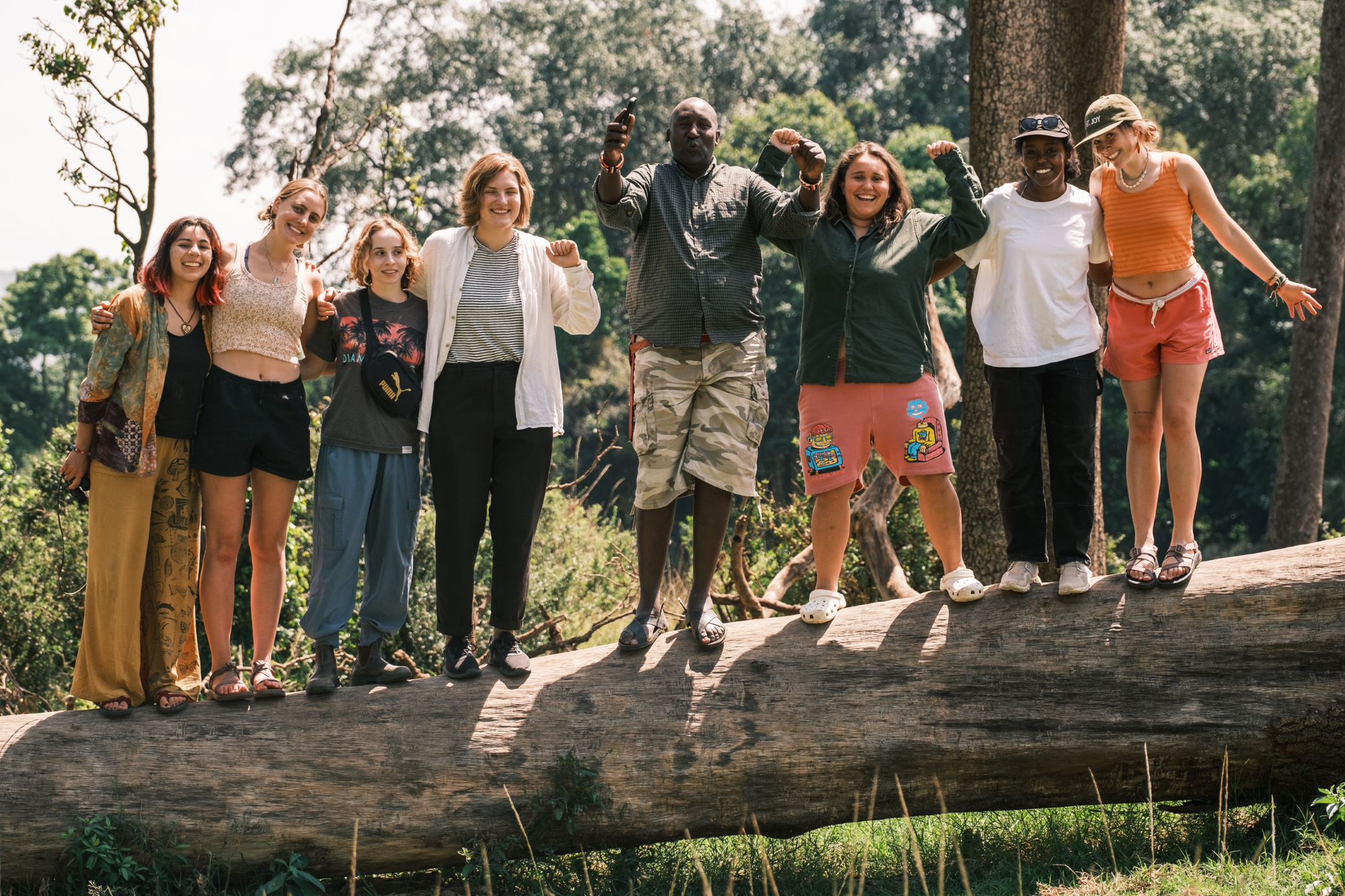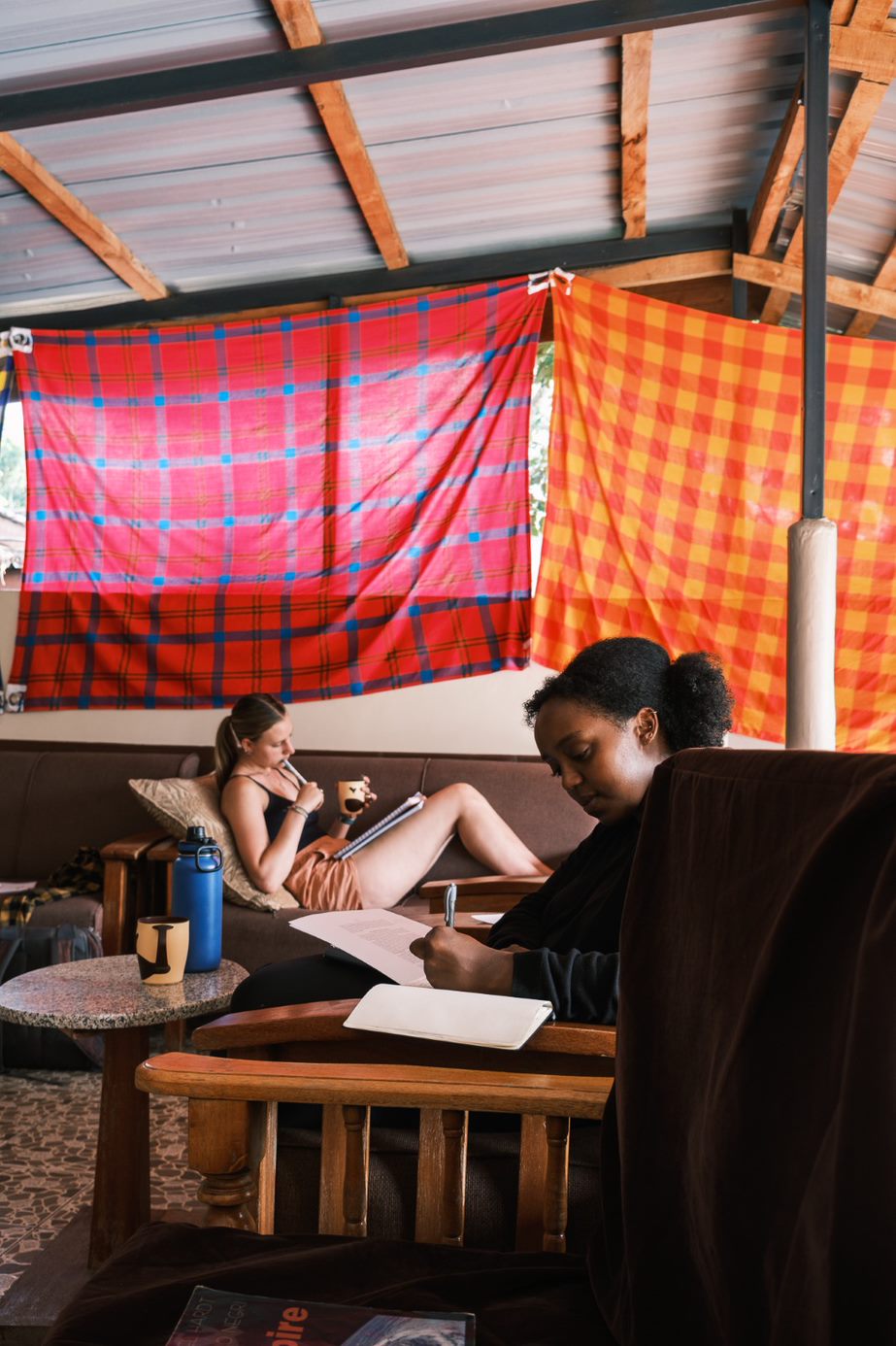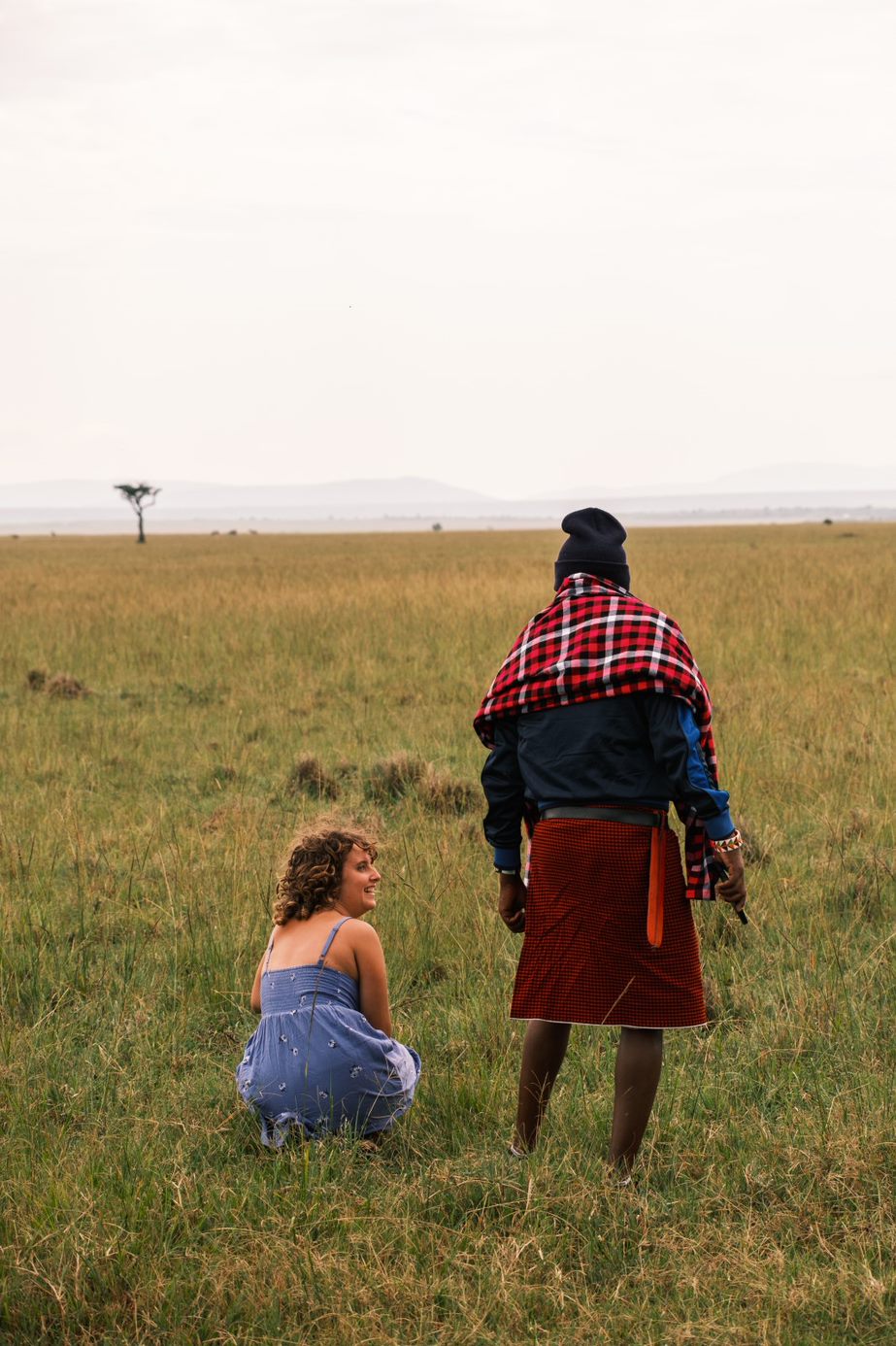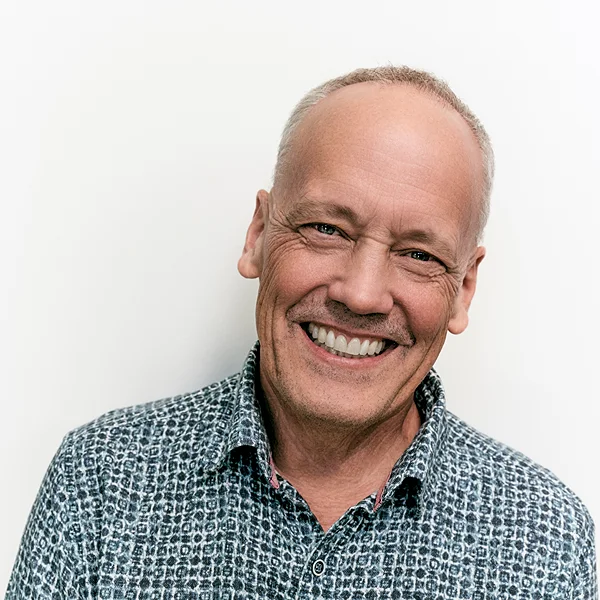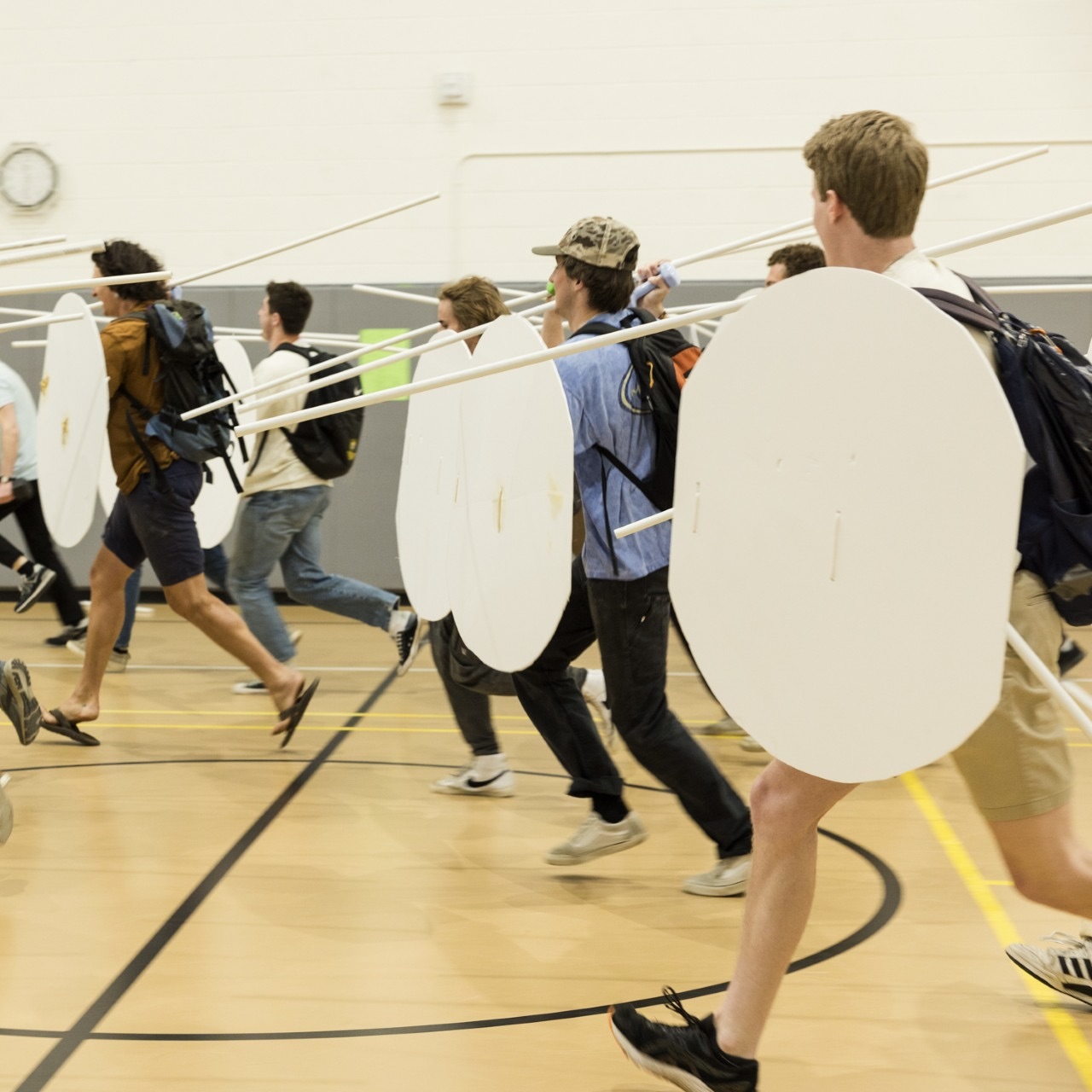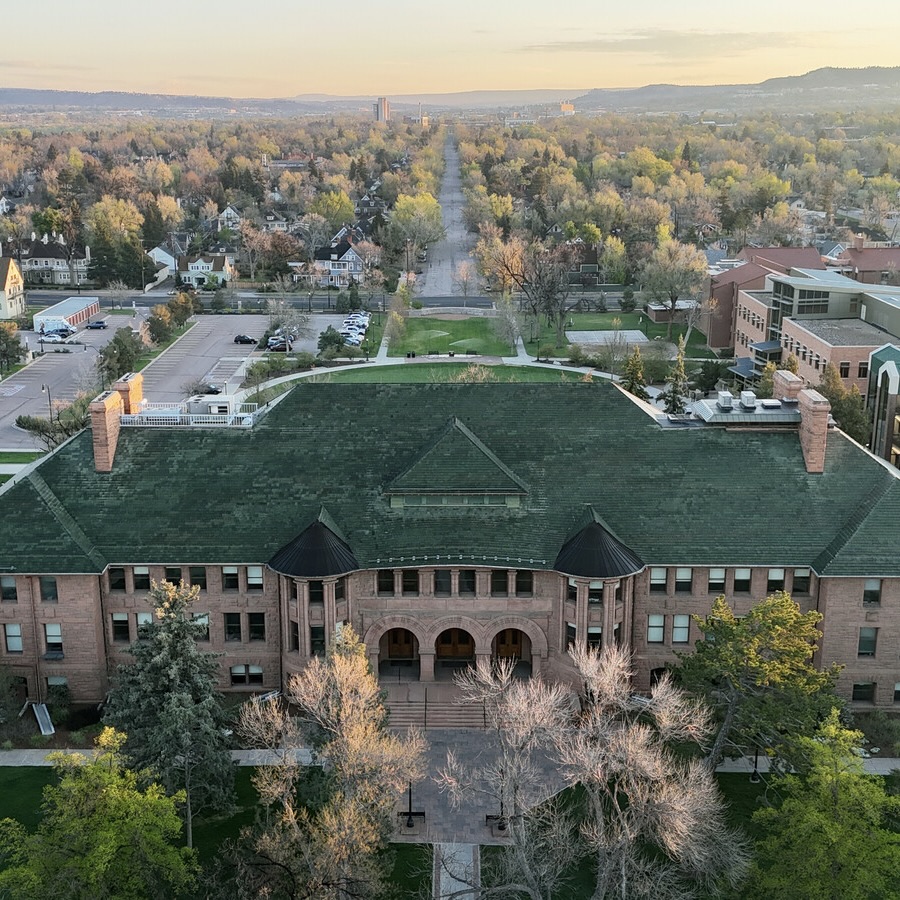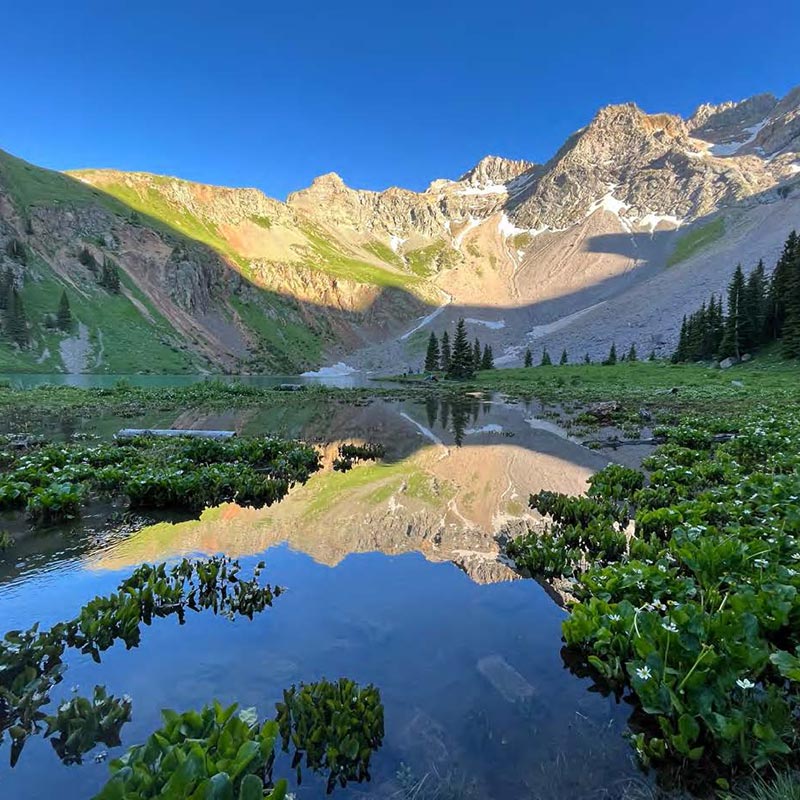For Block A of Summer Session 2023, 13 students traveled with CC Professor of Philosophy Alberto Hernandez-Lemus to Kenya for his course, Kenya's Maasailand: Indigeneity in the Postcolonial British Commonwealth.
In the completely quintessential CC cross-collaboration, the course was cross-listed in philosophy and environmental studies. The philosophy aspect provided the framework for the class. Students explored the ideas of colonialism and conservation practices and how Eurocentric these ideals continue to be. They looked at the historical context of these ideas being imposed on populations that had lived and believed differently for many years. The Environmental Studies side of the class explored the competing theories on wildlife preservation and how it affects the land and people.
“There is the way the Maasai try to preserve the land with complete openness,” says Hernandez-Lemus. “And then there is the colonial method of fortress conservation, creating boundaries to conserve the wildlife.”
The uniqueness of the course and the balance of the two disciplines shed new light on these areas of study for many of the students.
“This course was beyond the scope of a regular block,” says philosophy major Sophia Assal ’25. She was one of the students who traveled with this year’s course. “I think that anyone could learn and be changed by taking it, whether it connects to their studies in an obvious way or not.”
And when the students speak to the incredible experience they had and the knowledge they gained through the course, they can’t help but also speak to the value that Prof Hernandez-Lemus added to the trip.
“After our first info meeting with the Alberto, I was sold. I could feel Alberto’s energy and passion for the course and I knew I had to come along,” says Assal. “I don’t have the talent or requisite word count to paint you an accurate picture of Alberto. He is a warm, caring, chaotic individual who gave his heart and soul and probably his physical health to this course. He has a fierce commitment to remaining hopeful in unhopeful times.”
From May 30 to June 23, Hernandez-Lemus and his class lived and worked with the Maasai people at the Dopoi Center, adjacent to the Maasai Mara Natural Preserve in Southern Kenya. The center is a field station of Prescott College that regularly hosts members of the Maasai communities. It works to help Maasai people gain tourism credentials in order to provide for their communities and support the preservation of their culture.
“These lands were originally coveted for agriculture purposes and then as natural preserves for tourism, making indigenous people and their land commodities,” says Hernandez-Lemus. “The same attitude still guides the state’s interaction with the Indigenous people. African states are totally complicit in this neo-colonial culture.”
The class’s study came full circle to the ideas of colonialism in human history, exploring the arbitrariness of international borders, and their effects on human and ecological landscapes.
The time with the Maasai people, immersed in their culture, helped students better understand how human groups were much more flexible without these borders. The class also exemplified how traditions can adapt and grow with time.
“Culture is not static,” says Hernandez-Lemus, speaking to the way the Maasai people have integrated with the country. “Everyone in Kenya is expected to be at home in many cultures.”
The students also explored how culture does not need to be written to be preserved. “The Maasai people are amazing reciters with amazing memory for storytelling,” says Hernandez-Lemus. “Their culture preserves oral history. The community is very much alive due to these structures. This was an opportunity for students to reflect on the ways to keep history alive in a non-archival way.”
When asked what she felt she gained from the course, Assal found it difficult to pick just one thing. “I gained so much through taking this course and not all of what I learned is easily relayed through writing. I gained knowledge of a different life and world, I gained maturity, I gained the tiniest scrap of wisdom, I gained a cursory knowledge of indigeneity, I gained Zumba skills (kind of), and I gained a lot more questions than I did answers. If you are thinking about taking this course, then stop thinking and go sign up.”
And sign up you can! Hernandez-Lemus is planning to teach Kenya's Maasailand: Indigeneity in the Postcolonial British Commonwealth again in Summer 2024.

